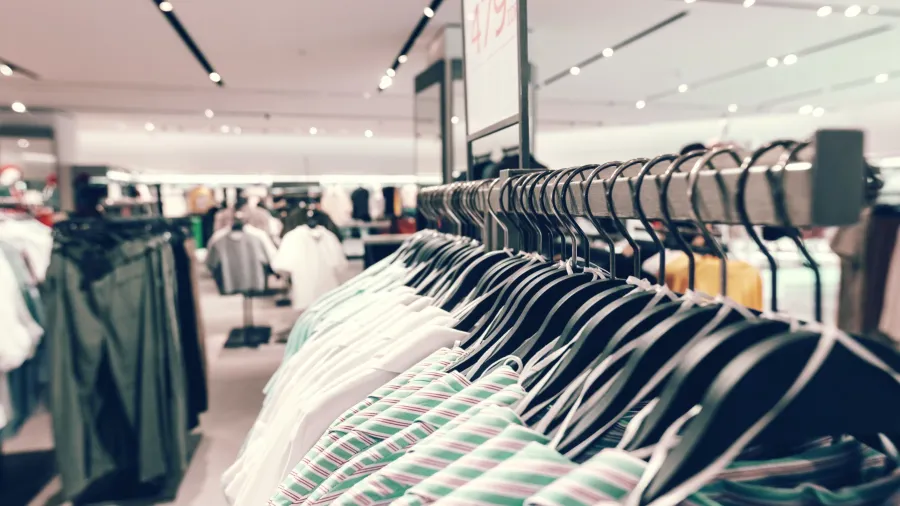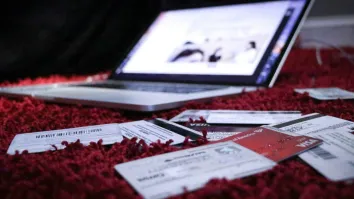
South Korea sees retail recovery in 2021
E-commerce quickly gained market share in recent years.
South Korea’s retail sector has fully recovered from pre-pandemic levels in 2021, with e-commerce leading the market’s growth and quickly gaining market share in the sector, according to a report from Fitch Solutions.
The country’s retail sales for the first ten months of 2021 grew 8.6% YoY at $356.67b (KRW425.3t), and 9.4% compared to the same period in 2019 before the COVID-19 pandemic struck, as authorities were able to successfully contain and control the initial spread of the virus over 2020.
This meant that physical retail did not have to close for as long a period of the year. While the crisis did cause a spike in unemployment in 2020 and 2021, unemployment as a percentage of the total labour force is expected to fall to an average of 3.8% in 2022, from 4.4% in 2021 and 3.9% in 2020.
“In May 2021, Statistics Korea released data showing that South Korea's unemployment rate had fallen to an eight-month low in April, whilst the number of people employed rose at the sharpest pace in nearly seven years as the economic recovery continued,” the report stated.
Authorities also provide income support to households, meaning that disposable income levels did not drop that drastically. Household disposable income levels in Korea will average USD52,900 over 2021, 7.5% higher than the USD49,170 estimated in 2019.
The pandemic and its impact on movement has also been a key catalyst for accelerating the development of e-Commerce services in South Korea, even though it was already one of the most developed globally prior to the pandemic, the report stated.
Online sales in South Korea have continued to post significant growth into 2021, growing 21.3% YoY. The value of e-commerce transactions is also 38.5% higher compared to the pre-pandemic figure.
E-commerce is now gaining market share of total retail spending, rising from 21.5% inof total retail sales in 2019 to 23.7% in 2020 as consumers were left with little choice during certain periods of the year on where to buy goods, Fitch noted. This trend continued into 2021, where 25.8% of total retail sales were made online.
“This highlights that the level of convenience that consumers experienced out of necessity in 2020 has carried into 2021, while retailers are using the channel to significantly grow their revenues. Based on the demographics, income profile and the operational environment of South Korea, we believe this trend will continue into the medium-term,” the report added.



















 Advertise
Advertise






